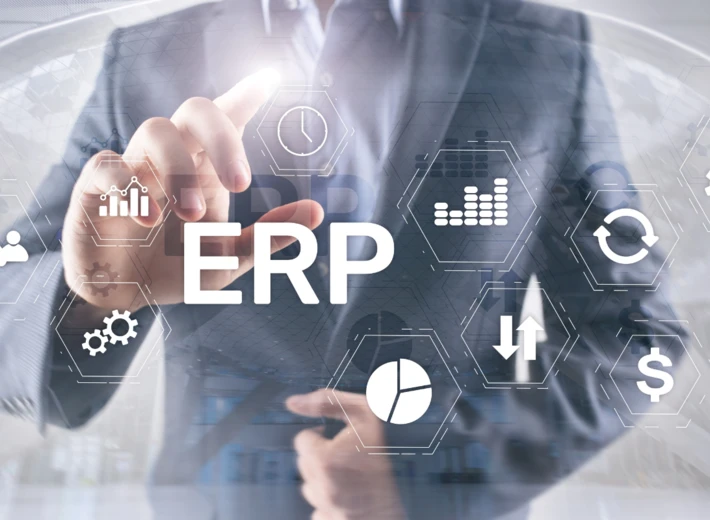Choosing Business Software: A Comprehensive Guide - part 1

1. Define Requirements for your Business Software
Start by assessing the scope of the business software you need. For example, in CRM systems, it's common to track and automate sales processes and use them in the "Sales" and "Customer Service" departments. Once you've identified the processes you want to optimize, it's essential to define your specific requirements for them. These requirements may depend on how you work, the specific information that needs to be entered, how work is transferred between different departments, tracking deadlines, and more. The best strategy is to gather the people responsible for these processes and discuss your software needs. A good approach is to define the ultimate goal - what reports should be generated from your new software, and work backward to determine the data the system should collect. Searching for software without clearly defined requirements is like looking for a car with the only requirement being that it has four wheels. Specificity is crucial. Requests like "Looking for CRM" or "Looking for ERP" don't provide a clear picture to the software company about your needs. Lack of a clear vision regarding software needs for business management is one of the main reasons for the high failure rate of information system implementations (globally it's the shocking 30%).
2. Creating a Request for Proposal (RFP)
The ideal outcome of this process should be a document called a "Request for Proposal" (RFP). An RFP thoroughly describes your software requirements and serves as guidance when communicating with potential software providers. This allows them to provide you with accurate cost estimates and commit more effectively to the product specifications. If you're not familiar with RFPs, you can search for "RFP sample" on Google to see specific examples.
3. Setting a Budget
Carefully assess the budget you're willing to allocate for the purchase and implementation of business software. Unfortunately, software licenses are just one component of the overall expenses. Here's a concise list of what you need to consider:
- Prices for licenses for the software solution itself.
- Prices for software licenses (server systems, database licenses, and more).
- Hardware costs (required for the software to run) + backup (if you're working with a more robust system).
- Costs for customizations to tailor the system to your needs (especially relevant for complex CRM and ERP implementations).
- Implementation and training costs – usually listed in proposals as an hourly rate; here, you should try to negotiate a fixed price for results.
- The cost of system maintenance – for some systems, it's mandatory for at least one year.
4. Time Planning
Don't forget to account for the time your internal team will dedicate to the project. For more substantial software projects, the most skilled individuals from your teams are engaged, and they work with the vendor to outline the detailed task and support the implementation process.
After you have the requirements and budget in place, you can proceed to the next step – searching for the right tool and partner.
Similar Blog Posts

4 Tricks for Easy Compliance with Pharmaceutical Standards
Pharmaceutical companies are obligated to comply with numerous standards, and often this can divert them from their primary goal - to be efficient and profitable.
24 October 2023

Choosing Business Software: A Comprehensive Guide - part 2
Our experience shows that a crucial factor in the successful implementation of a business software (especially in ERP and CRM projects) is the service that accompanies the entire process. We understand that the implementation and ongoing support of an information system constitute a complex service, and only when it is done well and competently can you maximize the return on your investment. Therefore, we advise you to be very meticulous in choosing the right partner, especially when you've narrowed down your choice of software solutions, which can be delivered by different companies. Here's how to improve your chances of choosing the right software and vendor:
24 October 2023

ERP vs. CRM?
If your organization has previously implemented an ERP solution and you've held the belief that it will be the only system used within the company, you may want to consider what a sub-module of the ERP system is CRM and how to utilize it. The truth is that CRM is an entirely separate type of software system, and in a significant number of companies worldwide, ERP and CRM work in parallel, exchanging data to automate processes within the company.
24 October 2023
